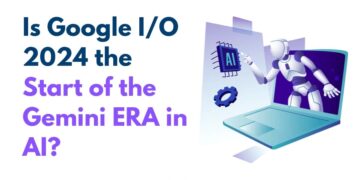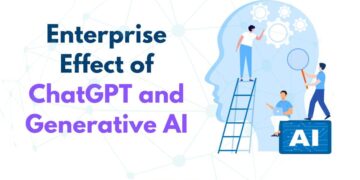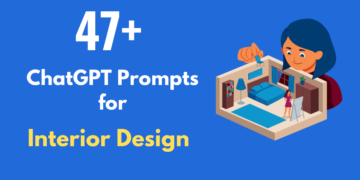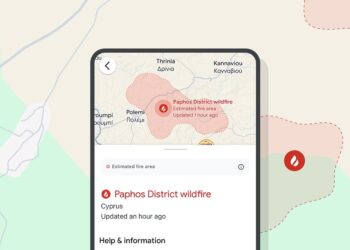[ad_1]
Firstly of 2020, a staff inside Google Research was requested to discover new concepts for analysis tasks that targeted on accelerating local weather mitigation. “We had been wanting into every kind of massive concepts, from cultivated meat to power to air air pollution,” Dotan Emanuel, a software program engineer on the staff, says.
On the dinner desk one night, Dotan shared a few of these massive concepts along with his household — and the dialog quickly pivoted to a frustration acquainted to many people: “My spouse Osnat stated, ‘Why don’t you do one thing about site visitors lights? We stand at them for no good cause,’” he recollects.
Street transportation is liable for vital world and concrete greenhouse gasoline emissions. It’s particularly problematic at city intersections the place air pollution might be 29 occasions larger than on open roads, and about half of those emissions come from site visitors accelerating after stopping. With thousands and thousands of site visitors lights internationally, the dimensions of the issue was enormous — and if Google might do one thing to handle it, so was the chance.
“My preliminary thought was that we will’t do something about site visitors lights,” Dotan says. “However relating to analysis, probably the most fascinating challenges lie within the unknown.”
With their curiosity sufficiently piqued, Dotan and his staff dug into the mechanics of site visitors engineering. They discovered that whereas some quantity of stop-and-go site visitors is unavoidable, a portion might be prevented by optimizing site visitors mild timing. To try this, cities historically wanted to both set up costly {hardware} or run time-consuming handbook car counts, neither of which give full info on key parameters they want.
“We rapidly understood we now have a powerful benefit that cities may gain advantage from — over a decade of Google Maps driving developments from throughout the globe,” Dotan says. “And some weeks later, we had a venture proposal prepared.”
That proposal was for Project Green Light, an initiative that makes use of AI to make suggestions for metropolis engineers to optimize present site visitors lights and scale back stop-and-go emissions. After evaluating dozens of different nice concepts, Inexperienced Mild was chosen for its simplicity, scalability and potential for impression.
[ad_2]
Source link















